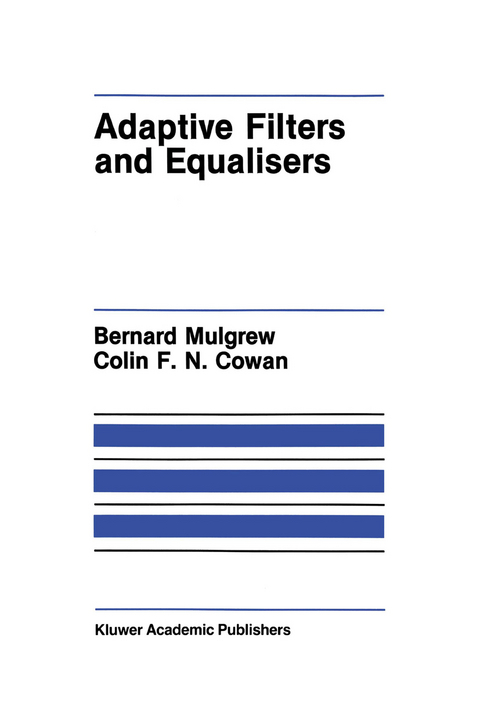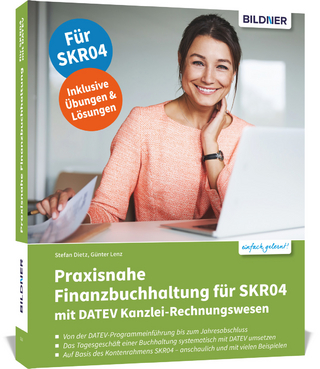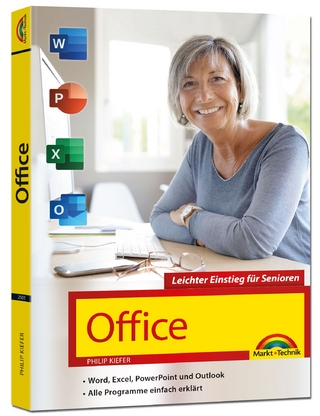
Adaptive Filters and Equalisers
Springer-Verlag New York Inc.
978-1-4612-8959-3 (ISBN)
1 Introduction.- 1.1 Adaptive Signal Processing.- 1.2 The Adaptive Filter.- 1.3 Modes of Operation.- 1.4 Application of Adaptive Filters.- 1.5 Summary.- 2 Adaptive Fir Filter Algorithms.- 2.1 Introduction.- 2.2 Optimum Linear Estimation.- 2.3 Sampled Matrix Inversion.- 2.4 Least Squares Estimation.- 2.5 Stochastic Gradient Methods.- 2.6 Self-Orthogonalising Algorithms.- 2.7 Summary and Complexity Comparison.- 3 Performance Comparisons.- 3.1 Introduction.- 3.2 System Identification.- 3.3 Channel Equalisation.- 3.4 Summary and Conclusions.- 4 A Self-Orthogonalising Block Adaptive Filter.- 4.1 Introduction.- 4.2 Theoretical Development.- 4.3 A Practical Algorithm.- 4.4 Computational Complexity.- 4.5 Simulation Results.- 4.6 Conclusions.- 5 The Infinite Impulse Response Linear Equaliser.- 5.1 Introduction.- 5.2 The Linear Equaliser.- 5.3 FIR and IIR Equaliser Performance.- 5.4 System Identification.- 5.5 Conclusions.- 6 An Adaptive IIR Equaliser.- 6.1 Introduction.- 6.2 The Kalman Filter.- 6.3 The Kalman Filter as an IIR Equaliser.- 6.4 An Adaptive Kalman Equaliser.- 6.5 RLS System Identification.- 6.6 Conclusions.- 7 Conclusions.- 7.1 Summary.- 7.2 Limitations and Further Work.- Appendix A The Fast Kalman Algorithm.- Appendix B The RLS Lattice Algorithm.- Appendix C Circular and Linear Convolution.- References.
| Reihe/Serie | The Springer International Series in Engineering and Computer Science ; 56 |
|---|---|
| Zusatzinfo | XVIII, 194 p. |
| Verlagsort | New York, NY |
| Sprache | englisch |
| Maße | 155 x 235 mm |
| Themenwelt | Mathematik / Informatik ► Informatik |
| Technik ► Elektrotechnik / Energietechnik | |
| ISBN-10 | 1-4612-8959-9 / 1461289599 |
| ISBN-13 | 978-1-4612-8959-3 / 9781461289593 |
| Zustand | Neuware |
| Informationen gemäß Produktsicherheitsverordnung (GPSR) | |
| Haben Sie eine Frage zum Produkt? |
aus dem Bereich


